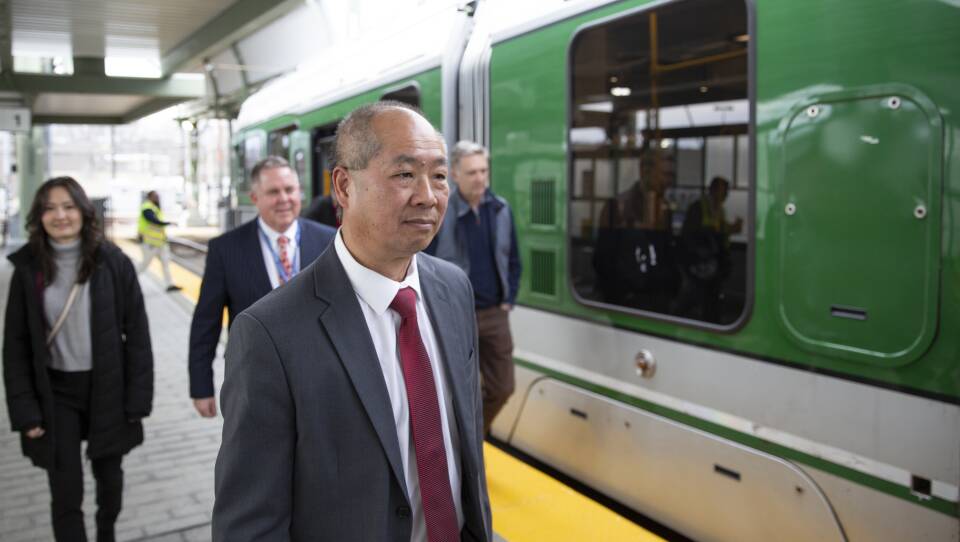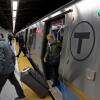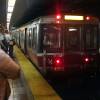MBTA riders have been dealing with slow zones for months, and there's still no end date in sight.
Speaking on Boston Public Radio, MBTA General Manager Phillip Eng said the transit agency has a general idea of when they'll be "tackling things," but he was reluctant to share a timeline as to when the speed restrictions might lift.
“It’s not that we don’t want to share this information. It’s we want to make sure that when we’re sharing it, we have enough information for the folks that we are talking to, the businesses, the riders, that we're not disrupting their plans in advance," Eng said.
He said the project remains a "moving target." Eng noted a range of variables that could affect the timeline, including reassigning workers to more immediate needs, inspections that identify additional repairs, and changes to the hours when work is being done.
Slow zones have been a frequent complaint of MBTA riders, especially when the speed restrictions can make driving a faster option. Eng said the T is not in worse shape than some other transit agencies across the country, and that all the attention proves how important the T is to the public.
"Speed restrictions are things that are in place throughout the system. And when things are running well, you might not even notice there's a speed restriction on the line," Eng said.
The general manager also highlighted improvements in hiring and retention among MBTA employees, after a new contract implemented better salaries and wage increases along with other incentives for retention such as longevity payments.
There's been a 129% increase in applications for bus drivers in the first 10 days of August thanks to the new contract, Eng said, adding that prior to the agreement, many people had to take a pay cut to come work as a bus operator in Boston.
"This contract now puts us on par with a lot of private sector entities that we are competing against," Eng said.
The MBTA has received nearly 400 applications for bus operators this month alone, according to Eng.
Eng said the MBTA is making strides in many areas, but acknowledged that it isn't happening quite fast enough for the general public.
When it comes to improving the beleaguered MBTA system, funding is always a sticking point.
"We always need more funding," Eng said. "The challenge is, whatever you have, how do you put that to best use? Even in good times, there's always a need to do more projects, there's always a need to invest further."
Eng said his biggest challenge right now is making sure every dollar is going toward the best use by looking at delivering capital projects on time and on budget.








